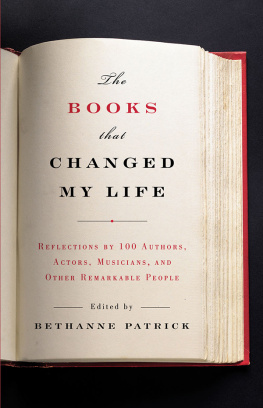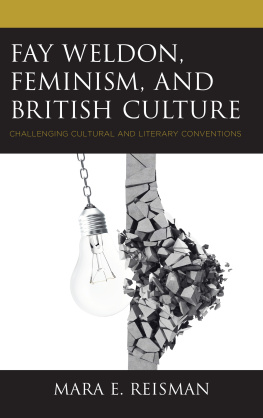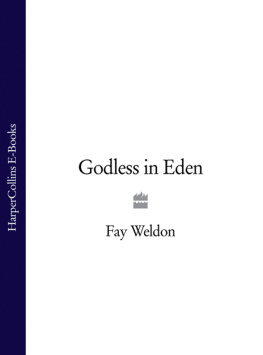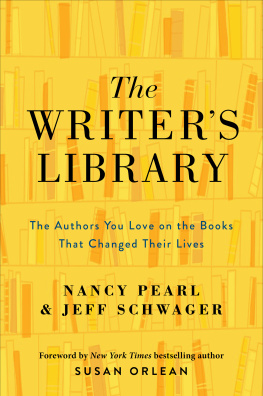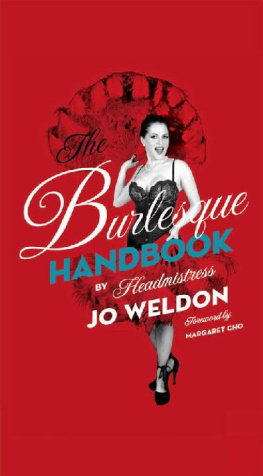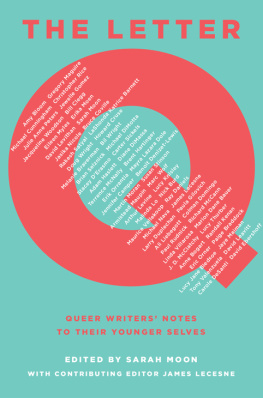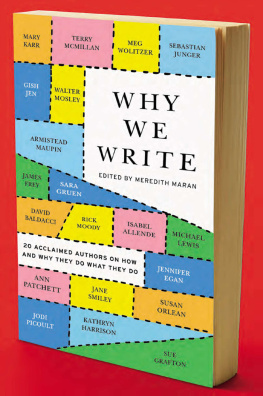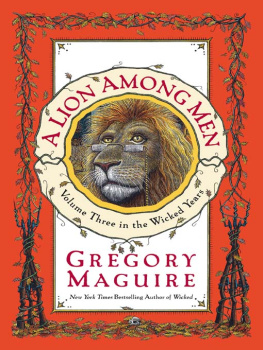Published by Black Inc.,
an imprint of Schwartz Publishing Pty Ltd
Level 1, 221 Drummond Street
Carlton VIC 3053, Australia
www.blackincbooks.com
First published by Regan Arts, 65 Bleecker Street, New York, NY 10012.
Copyright Bethanne Patrick 2016
Bethanne Patrick and the authors assert their rights to be known as the authors of this work.
ALL RIGHTS RESERVED.
No part of this publication may be reproduced, stored in a retrieval system, or transmitted in any form by any means electronic, mechanical, photocopying, recording or otherwise without the prior consent of the publishers.
National Library of Australia Cataloguing-in-Publication entry:
The books that changed my life: reflections by 100 authors, actors,
musicians, and other remarkable people
Bethanne Patrick, editor.
9781863958295 (paperback)
9781925203905 (ebook)
Books and reading.
028.9
Interior design by Nancy Singer
Cover design by Chin-Yee Lai
Cover photograph by Tamara Staples/Getty Images
To my mother, Julia, who nurtured my love
of books and readingand whose performances of stories, from
Babar the King to The Cask of Amontillado, showed me the
many ways in which written words can be brought to life.
INTRODUCTION
BY BETHANNE PATRICK
Over the last fifteen years of my work as a writer, critic, and author, Ive included the words and above all, a reader in many professional biographies. Although its long defunct and is probably being used by someone else, my very first attempt at a blog was called The Reading Writer.
Forget about the chicken and the egg; for me, the paramount conundrum has always been Which came first, reading or writing? Neither question is easy, or even possible, to answer. You could argue at length (and somewhere a group of academics is already doing so) about what constitutes reading versus writing. If an infants first sight is her mothers face, does that mean reading wins? Or was that baby writing out thoughts in her neonatal brain during gestation? This is what happens when you spend too much time considering literature in an academic setting. Caveat lector.
A much simpler idea is that most of us start out as listeners. Our society may not rely on oral tradition much these days, but families definitely do. No matter what happens to books and publishing, we know about the great good that comes from parents reading to and with their children. Hearing stories told helps young brains to form and grow. A parents attention combined with reading aloud strengthens bonds of love and compassion and community. A house that holds books on its shelves and reading in high esteem is a house more likely to raise curious, bright, contented, and responsible individuals.
Howeverand this bears out anecdotally, because I heard it from several dozen of the people youll meet in these pagesnothing seems to compare to the thrill of beginning to read on ones own. So many writers, in particular, remember the first book they held and decoded without adult assistance. Reading has been described as everything from a frigate (Emily Dickinson) to a rainbow (LeVar Burton), the common idea being one of magical transport. Say what you will about music, film, television, dance, painting, theater, sculptureonly text on a page can be sustained at such length that a person can both get lost in it and create his or her own version of it simultaneously. Reading has power. It can be education or entertainment, solace or spark, one time only or many times over.
Books change peoples lives, before they can even turn a page and long after theyve mastered what that page holds. Some of the men and women I interviewed for this book had trouble narrowing down their book choices, but no one had trouble thinking of at least one. These people include professional writers, but others are musicians, CEOs, politicians, actors, comedians, activists, cartoonists, military service members, journalists, and chefs. Some loved to read from early childhood; others disliked reading; and still others were dyslexic or came from households where books were scarce. Some of the individuals included have PhDs, JDs, MDs, and medals; others spent time on the streets, in prison, or laid up from illness. They are men, women, gay, lesbian, straight, married, single, parents, child-free, young, old, city dwellers, country strong, Jewish, Christian, Muslim, Buddhist, agnostic, atheist, liberal, conservative, natives, immigrants, famous, little-known, and everything in between. Some are people Ive interviewed multiple times, and others were strangers to me until we spoke. Some are friends for life, and one, who was an admired colleague, died just a few weeks before this project was completed.
All of them understood, when I approached them for interviews, that the question of which book changed your life is a serious one; they also understood that choosing to use part of this compilations proceeds to benefit 826 National is a serious good. Encouraging young people to write, making sure that they have a safe place to write, and giving them time to create both individually and in communitythese are seriously important benefits of 826 centers in cities from New York to LA to Chicago to Boston. The people in this book, readers all, want young writers to know how important reading can be to anyones life, and they also want to allow young writers to hope that one day their efforts may change someones life.
One of the parts of this project that makes me happiest is that although no one interviewed was given a list from which to choose and although none of them were told others choices in advance, there is only one duplicate title on the list. That doesnt mean all of the books spoken about meet any parameters. There are childrens books, poetry collections, biographies, classic novels, modern favorites, and even a comic book included. What this says to me, and I hope to you, is that life-changing books dont come with Read Here labels attached. They have as much to do with the readers perspective as with the authors voice.
Which is why I will tell you the book that changed my life is one that I havent mentioned before in a blog post, book list, or essay. When I was about twenty-five, I was wavering about what came next (like most twentysomethings do). My husband was planning to attend law school, and it seemed sensible for me to do the same, given my social-science-dense college transcript.
My book group at the time was a serious and diligent one, but most of its members were also serious Lutherans who belonged to the same church, and some of their selections were heavily theological. I didnt mind, as those books at least made me feel I was using my brain after long days corralling high school students as a history teacher.
But in the late winter of 1988, someone in the group selected a novel by a Japanese author Id never heard of: Silence by Shusaku Endo. First published in 1966, a winner of the Tanizaki Prize, and considered by many to be one of the best novels of the twentieth century, Silence is the story of a Portuguese missionary to seventeenth-century Japan whose fidelity to Roman Catholic dogma is challenged by armed persecutors of local Christians in hiding.
No, Silence did not effect my conversion. However, I was then, and remain, a seriously spiritual person, and Id never before encountered a book that was both a testament to faith and a work of art. It doesnt matter, when you read Endo, whether you are a devout Christian or a committed atheist. Although his material is more overtly religious than, say, a fellow Catholic like Flannery OConnors, like OConnor, Endo uses his beliefs to explore the moral center that unites the greatest works of literature in all world cultures. His fiction wastes no time on proselytizing. It focuses on character, conflict, and truth.

